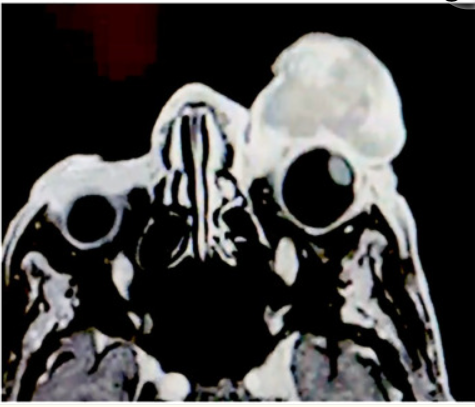
The latest data on the use of artificial intelligence (AI) to screen for and diagnose diabetic retinopathy and retinitis pigmentosa will be one of the topics covered at AAO 2019.
A featured paper will explore the use of AI to screen for diabetic retinopathy. The study included 893 diabetes patients from 15 centers, all of whom underwent undilated two-field fundus imaging for automated eye-level detection of referable diabetic retinopathy (moderate nonproliferative diabetic retinopathy or higher on the International Clinical Diabetic Retinopathy scale or clinically significant diabetic macular edema) by the EyeArt system and dilated four wide-field stereo fundus imaging for adjudicated Early Treatment for Diabetic Retinopathy Study (ETDRS) reference standard. With undilated images, the EyeArt system’s sensitivity was 95.5%, specificity was 86%, and gradability was 87.5%. With a dialate-if-ungradable protocol, the sensitivity remained the same, specificity improved to 86.5%, and gradability improved to 97.4%. The authors concluded that the EyeArt AI system was comparable to ETDRS in the detection of diabetic retinopathy.
Another highlighted poster presentation will show efficacy of AI-based on convolutional neural networks (CNNs). Here, researchers collected 21,800 color fundi images from patients with retinitis pigmentosa and trained three CNNs to make a diagnosis. The AI platform’s image discrimination rate was the same as that of retinal specialists. The AI-based system had an accuracy > 90%, which was significantly greater (P < 0.001) than that of medical students (61.3% vs. 69.7%) and equal (P = 0.94) to that of retinal specialists (91.3% vs. 90.2%). The researchers concluded that for some patients, all they have to do is upload their color fundi images to receive a potential diagnosis of retinitis pigmentosa. They noted that the reliability may be even greater if the patient has a family member with the condition. The authors added that “an AI-based cloud service represents a real solution for medical imaging diagnostics and telemedicine.”







 © 2025 Mashup Media, LLC, a Formedics Property. All Rights Reserved.
© 2025 Mashup Media, LLC, a Formedics Property. All Rights Reserved.